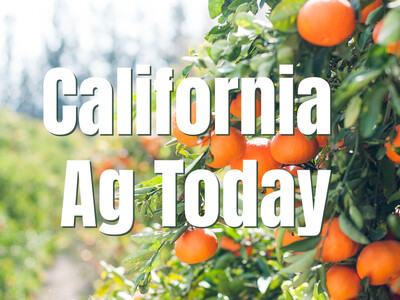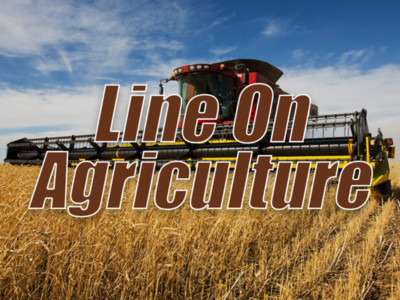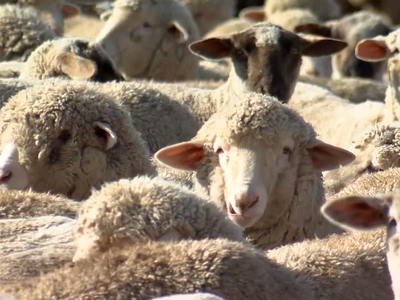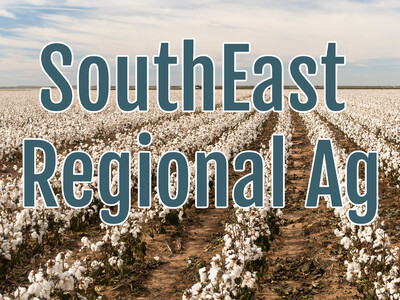Update on Government Shutdown
Washington policymakers were moving ahead late last week on a short-term solution to avert a possible U.S. default. The stakes are huge - including for agriculture.There is every reason to avert a U.S. default - and possibly at the same time end the government shutdown. A U.S. default could crush U.S. bond prices, force up interest rates and hurt trading partners straddled with trillions in U.S. debt - among them China, Japan and Europe. Former Reagan USDA Secretary John Block.?
Block: "There is no way for agriculture to escape the implications of default and rising interest rates and it would hurt agriculture -- there is no doubt about it. I'm not as concerned as some people because I think we will get it fixed."
The House GOP has offered the President and Senate Democrats a temporary six-week increase in the debt ceiling in return for negotiations on entitlement spending and taxes. Block says agriculture can't afford another fiscal crisis.
Block: "You get interest rates too high and people will are going to be afraid about doing business with us and they will back away and it's just going to slow everything down. It doesn't help us to slow things down when we have a big corn crop and big soybean crop coming in."
The question now is how will lawmakers and the President re-open the government - and what exactly are both sides willing to give up by late November to get a long-term deal. The big question for agriculture is - how the farm bill gets done - as part of a bigger debt limit or tax and spending reform deal - or as a free-standing farm bill?













